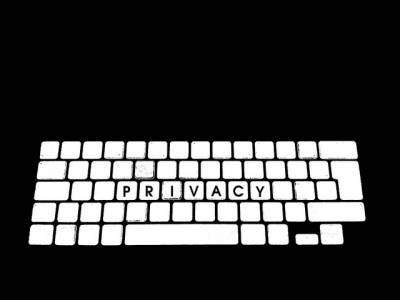 Americans lost $16.8 billion due to identity fraud in 2017, a year that also saw a 48% boost in the number of data breaches – and while the market has responded with an array of products that aim to address the identity challenge, they are inconsistent in accuracy and reliability, and therefore are increasingly placing consumers and businesses at risk.
Americans lost $16.8 billion due to identity fraud in 2017, a year that also saw a 48% boost in the number of data breaches – and while the market has responded with an array of products that aim to address the identity challenge, they are inconsistent in accuracy and reliability, and therefore are increasingly placing consumers and businesses at risk.
The claim comes from US Digital Identity group The Better Identity Coalition, which last week released a study, Better Identity in America: A Blueprint for Policymakers, which it claims outlines the answer – a “comprehensive policy agenda for improving the privacy and security of digital identity solutions”, centred on five key initiatives:
Prioritize the development of next-generation remote identity proofing and verification systems
Change the way Americans use the Social Security Number
Promote and prioritize the use of strong authentication
Pursue international coordination and harmonization of identity standards
Educate consumers and businesses about better digital identity solutions.
The Coalition says it’s brought together leading firms from different sectors of the economy to create a set of consensus policy recommendations to address these inadequacies, with a focus on solutions that empower consumers to protect their identity online.
“This white paper establishes a road map for policymakers on the critical issue of consumer identity and authentication,” said Nico Popp, senior vice president of Symantec, a Coalition member.
If you liked this content…
“Improving customer experience, ensuring privacy and reducing the fraud that affects businesses and consumers are critical issues that Symantec addresses every day. We’re very pleased to be a member of the Better Identity Coalition and are excited about the recommendations made in this report.”
“Identity verification and authentication is a societal issue. Only with cooperation and guidance from private industry and policymakers may we rebuild consumer confidence and therefore trust in any transaction that takes place online,” added Debbie Guild, chief security officer of The PNC Financial Services Group, another signatory of the document.
Set up in February by the Center for Cybersecurity Policy and Law, a nonprofit dedicated to promoting education and collaboration with policymakers on policies related to cybersecurity, The Better Identity Coalition says is focused on developing and advancing consensus-driven, cross-sector policy solutions that promote the development and adoption of better solutions for identity verification and authentication.
“The variety of transactional services available online is greater than ever before, but with this advancement comes the challenge of proving consumer identity, leading to an increased risk of fraud and theft,” it states.
Coalition members include Aetna, Bank of America, Citigroup, IDEMIA, JPMorgan Chase, Kabbage, Mastercard, Onfido, PNC Bank, Symantec, U.S. Bank, Visa, and Wells Fargo.






